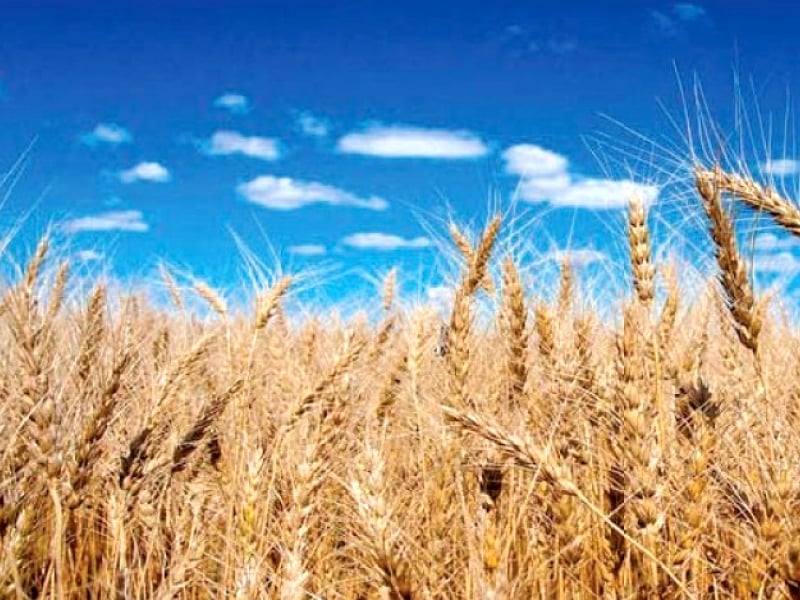
The Australian government has donated $2.7 million to the United Nations World Food Programme (WFP) in Pakistan for the purpose of livelihood activities in Sindh.
With this contribution, the WFP will be able to assist 13,000 vulnerable families (80,000 people) by engaging them in disaster risk reduction (DRR)/livelihood activities, said WFP spokesman Amjad Jamal.
“The priority districts for assistance in Sindh are Tharparkar, Umerkot, Sanghar, Badin and Mirpurkhas,” said the spokesman, adding that these areas have been identified as disaster-prone by the National Disaster Management Authority (NDMA) and are food insecure.
“With this contribution Australia is making efforts to assist families affected by the drought in southern Sindh. This contribution further cements the good relationship we have with the World Food Programme and people of Pakistan,” said Australian High Commissioner to Pakistan Peter Heyward.
“The WFP has been engaged in early recovery and disaster risk reduction interventions in the flood and drought-affected districts across the country for more than three years, through community-based interventions to restore livelihoods and build resilience against disasters,” said Lola Castro, WFP country director in Pakistan.
“These activities, bringing multiple short-term and long-terms benefits for the affected communities, ultimately contribute to the household food security and are linked to a detailed multi-hazard risk analysis and community engagement,” she added.
In the short-term, people receive an incentive, with the provision of cash in return for their work. This addresses their immediate needs, for example the purchase of food and other basic household items. In the long run, the assets created through the projects build community resilience to future shocks and contribute towards livelihood improvement.
Similarly, the rehabilitation and management of water courses enhances water availability and improves crop production, enhancing general food security.
Cash assistance allows recipients to choose food according to their own needs and preferences, while also allowing them to meet other basic requirements such as health-related purchases and education for children.
Published in The Express Tribune, May 23rd, 2014.
Like Business on Facebook, follow @TribuneBiz on Twitter to stay informed and join in the conversation.



1732256278-0/ellen-(1)1732256278-0-165x106.webp)
1725877703-0/Tribune-Pic-(5)1725877703-0-165x106.webp)












COMMENTS
Comments are moderated and generally will be posted if they are on-topic and not abusive.
For more information, please see our Comments FAQ